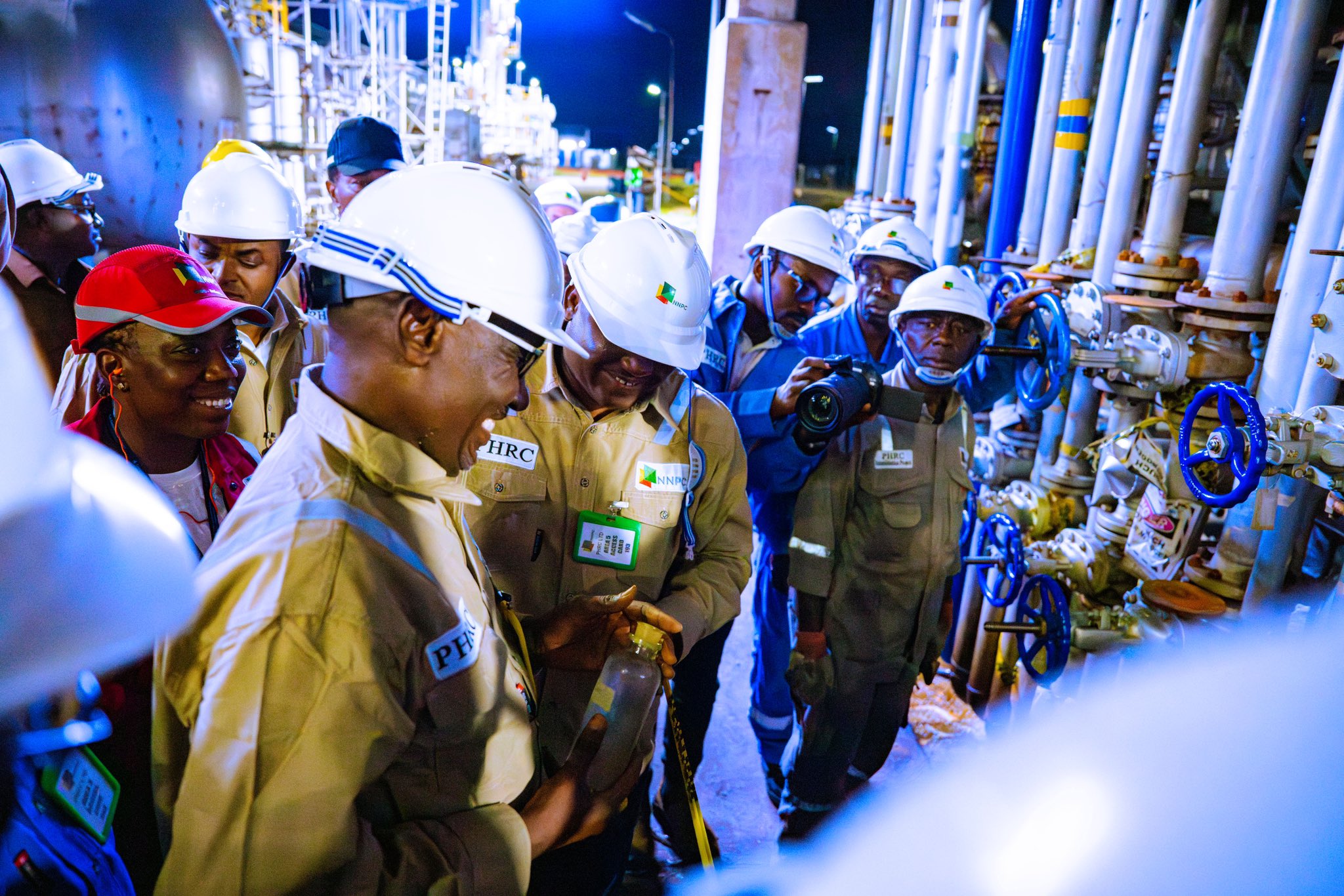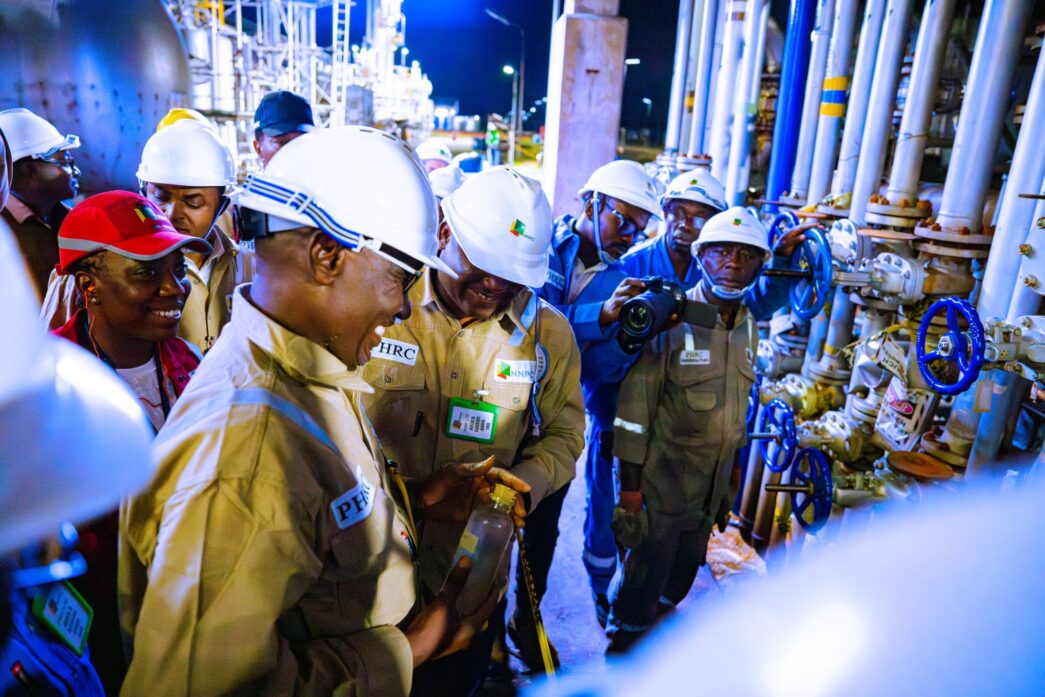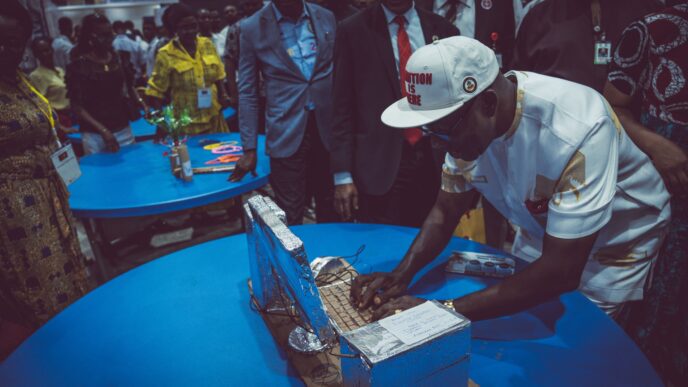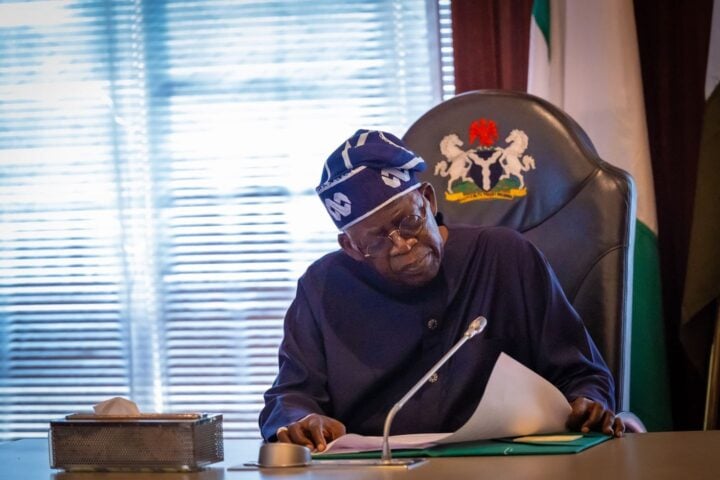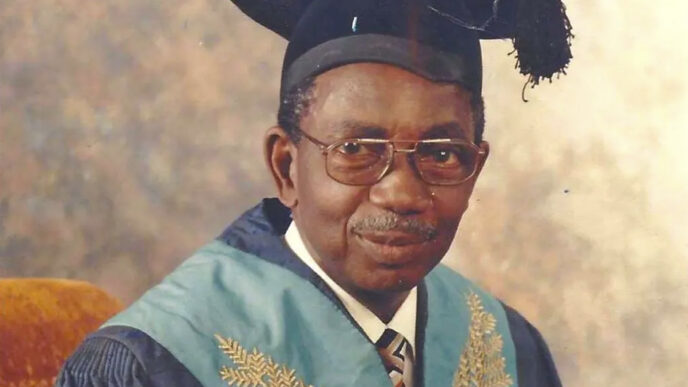On Tuesday, something happened that Nigerians have heard countless times before – but this time, it might just be different. The Port Harcourt refinery started loading petroleum products, and trust me, I’m cautiously optimistic.
Let’s be real. How many times have we heard about our refineries “coming back to life”? I have lost count. This announcement could easily have been another in a long line of broken promises that Nigerians have learned to treat with a healthy dose of scepticism.
The numbers are interesting. A refinery with 60,000 barrels per day capacity – sounds impressive, right? But impressive numbers mean nothing if they’re just another statistical mirage in our national landscape of perpetual disappointments.
But there’s something different about this announcement. Mele Kyari, the NNPC Group CEO, didn’t make a song and dance about it. No grandiose press conferences, no chest-beating. Just quiet, methodical work. And that, my friends, is how things should get done.
Advertisement
Remember how many times we’ve been told about refinery rehabilitation? I bet if you collected all those promises, you could wallpaper the entire NNPC headquarters.
President Tinubu seems to understand the stakes. His statement wasn’t just another political platitude. He acknowledged the groundwork laid by former President Muhammadu Buhari and gave credit where it was due. Acknowledging the African Export-Import Bank’s role in financing this critical project shows a level of transparency we’re not accustomed to.
But let’s cut to the chase – what does this mean for the average Nigerian? We’re not interested in technical jargon or political back-patting. We want to know one thing: Will this translate to relief in our daily economic struggle?
Advertisement
Since the pronouncement that subsidy is gone, things have gone south in the country. The fuel price crisis is killing us. From 180 naira in May 2023 to over 1,000 naira now, everything in Nigeria is tied to fuel prices. Transport costs, food prices, service charges, even commercial sex workers – you name it. When fuel prices spike, the entire economy convulses. A functioning refinery could be our economic lifeline. Many Nigerians are looking forward to buying fuel at lower prices.
Some armchair critics will say, “Oh, but one refinery can’t solve all our problems.” Valid point. But it’s a start. And in a country where we’ve become experts at finding reasons why things can’t work, a start is worth celebrating.
The deregulation promise hangs in the balance. Nigerians aren’t asking for miracles. We just want predictable, affordable fuel. We want to know that our crude oil – which we’ve been blessed with in abundance – can actually benefit us.
Expectedly, after the good news, conspiracy theories about how NNPC lied to Nigerians are already renting the air. Stories of the NNPC blending and not refining have filled the media space. I was not surprised because I was expecting it. Some people develop stomach aches when any good news comes out of Nigeria and will do anything to bring out the negative side. I was also expecting others to do anything possible to give the refinery bad PR. That is how we roll.
Advertisement
Also, President Tinubu’s call for expediting the reactivation of the Warri and Kaduna refineries is promising. But promises are cheap in Nigeria. We’ve heard them before. Action is what matters.
To the NNPC leadership, especially Mele Kyari: this is your moment. Prove the cynics wrong. Show Nigerians that our national oil company can deliver on its promises. No more excuses about technical difficulties, no more blame games.
The President’s emphasis on patience, integrity, and accountability is noteworthy. These aren’t just buzzwords. They’re the fundamental ingredients we’ve been missing in our national development recipe.
But let’s be clear – this isn’t just about a refinery. It’s about restoring faith in our national institutions. It’s about showing that we can actually make things work, and that we’re not condemned to perpetual dysfunction.
Advertisement
Some will argue that we’re being too optimistic. Fair enough. Decades of disappointments have made scepticism our default setting. But someone has to believe, someone has to push for change.
President Tinubu’s “Renewed Hope Agenda” sounds good. But hope needs fuel – and I’m not just talking about petroleum. It needs the fuel of consistent performance, transparency, and genuine commitment to national development.
Advertisement
To the naysayers who will quickly point out potential challenges, I say: yes, we know challenges exist. But for once, can we focus on the possibility of success? Can we imagine a Nigeria where our refineries work, and where our resources benefit our people?
This isn’t about blind optimism. This is about strategic hope. Hope is backed by actual, measurable progress.
Advertisement
For the NNPC, this is a defining moment. Maintain this refinery. Keep it running. Show Nigerians that when we commit to something, we can actually deliver.
But forgive us if we’re not yet breaking out the champagne. Nigerians have been disappointed too many times. We’ll believe it when we see sustained, meaningful change in our fuel ecosystem.
Advertisement
For now, cautious optimism is our default setting. And that’s not pessimism – that’s the hard-earned wisdom of a nation that has seen too many false dawns.
Prove us wrong, NNPC. We’re watching, and we’re hoping. One refinery down. A few more to go. Let’s keep the momentum.
Views expressed by contributors are strictly personal and not of TheCable.
Add a comment

